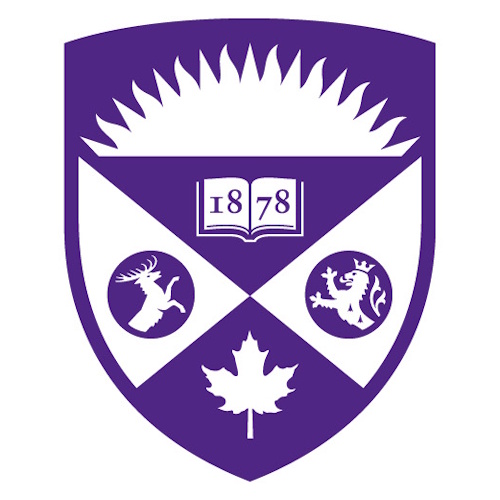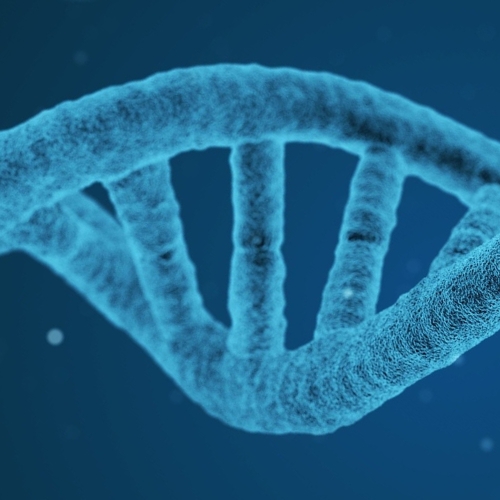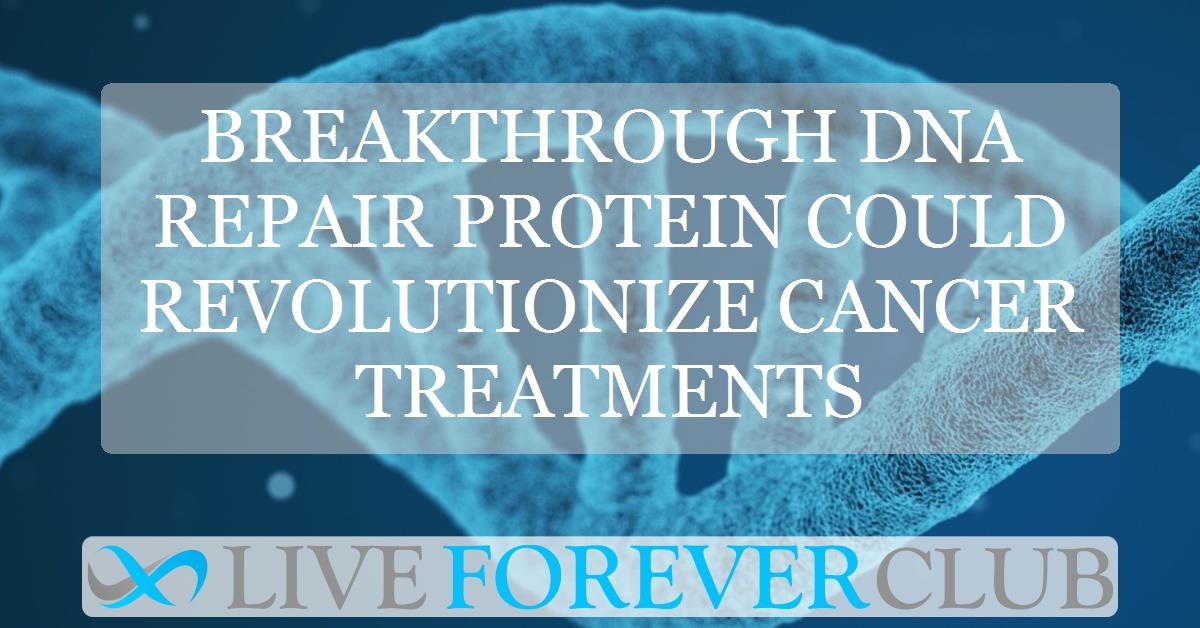Key points from article :
Researchers from Western University in Canada have identified a protein, DdrC, from the bacterium Deinococcus radiodurans, that can repair DNA damage, making it a promising candidate for developing cancer vaccines. This protein stands out because it is largely self-sufficient, performing its DNA repair function without the need for other proteins. In experiments, inserting the ddrC gene into E. coli made the bacteria significantly more resistant to UV damage, suggesting that this protein could enhance DNA repair in various organisms.
The protein works by detecting DNA damage and then compacting and stabilizing the broken strands, signalling the cell’s repair mechanisms to start the healing process. Since DNA damage is linked to many diseases, including cancer, this discovery could be pivotal in preventing or reversing such damage. The extreme durability of D. radiodurans—able to withstand high radiation levels—has been attributed in part to DdrC, which helps the bacterium repair hundreds of DNA breaks.
The study, published in Nucleic Acids Research, highlights the potential of DdrC to advance genetic engineering, potentially aiding in the development of cancer vaccines and other innovations like climate-resistant crops. Scientists are eager to explore more proteins from this resilient bacterium for further biotechnological applications.






